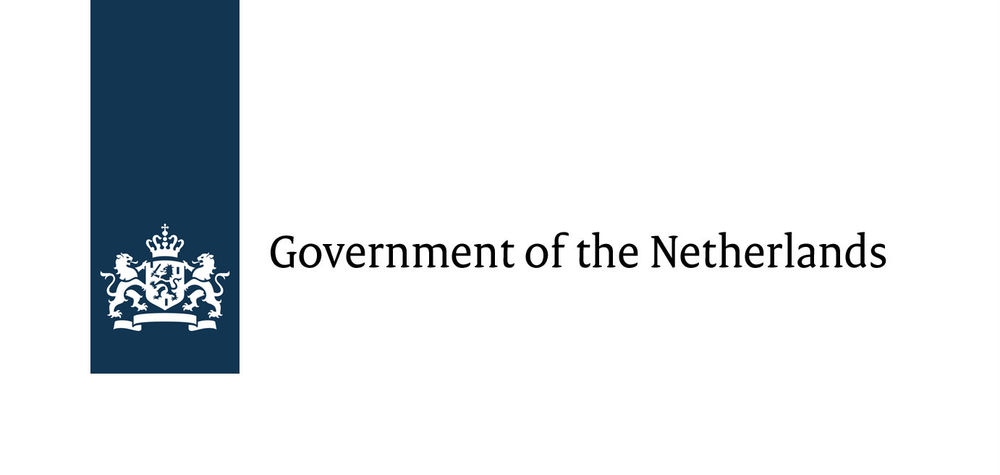Leen Preesman, IPE: EUROPE – The Dutch pensions industry has responded positively to the government’s decision to withdraw its support for the controversial financial transaction tax (FTT), as updated proposals make no provision for exempting pension funds.
The Pensions Federation said the government’s move was a “sensible decision”, as the new proposals would be “disastrous” for pension fund costs, causing a “significant” decrease of pensions. It said the European Commission’s latest proposal was based on the draft proposal released in 2011, which also did not exempt pension funds. Harmen Geers, spokesman at APG, said the asset manager was content with the Dutch Treasury’s current position on the FTT. But he warned that Dutch pension funds would still be exposed to the effects of the tax.
“The FTT would apply to external parties that schemes deal with, and these players will charge pension funds for the extra costs,” he said.
Geers further stressed that the decision-making process around the FTT could turn up new and unpleasant surprises.
Pensions supervisor De Nederlandsche Bank (DNB) made clear that it stuck to its earlier opinion that the FTT was undesirable. It argued that the tax would decrease economic growth, and said it was doubtful whether the FTT would discourage disrupting market behaviour. The watchdog estimated that the tax would cost Dutch pension funds €1.7bn a year, mainly through derivatives contracts against interest risks. “It could raise risks, if pension funds are to decrease the use of derivatives as a consequence of the FTT,” it added. The FTT would impose a levy of 0.1% on equity and fixed income transactions and 0.01% on derivatives transactions between financial institutions. So far, 11 European countries, including Germany, France, Spain, Italy and Austria, have said they support the tax, resulting in the EU member states triggering a process of enhanced cooperation – whereby policy proposals are jointly drafted.

